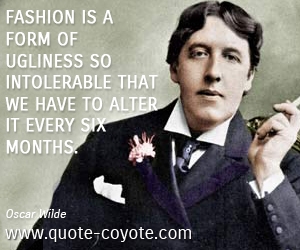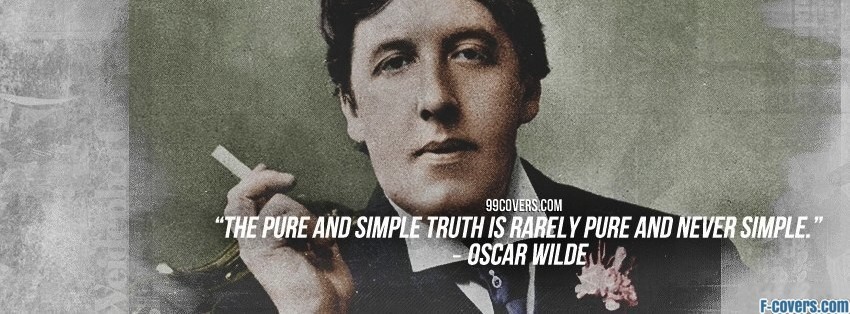
By praising Oscar Wilde in its official paper, the Vatican has admitted a little more honesty into its account of the lives we live.
"The Long Conversion of Oscar Wilde, Deathbed Catholic"
Why should anyone be surprised at the Vatican's official newspaper lauding Oscar Wilde? Its marbled halls are strewn with the finely sculpted, muscular youths of Michelangelo's erotic fantasies. The erupting sexuality in the Sistine Chapel's frescos are likewise testament to Wilde's assertion that the Catholic church is "for saints and sinners alone" and that "we are all in the gutter, but some of us are looking up at the stars."
What might have attracted Oscar Wilde to Catholicism? At one level it might have been the camp ultramontanism of 18th and 19th century liturgy and music. This attracted so many converts of the era, lingering into the early 20th century, with leading figures of the Oxford Movementand later Anglo-Catholic revivals turning to Rome. Cardinal Newman, his beloved Ambrose St John, the hymn-writing Father Faber, and Robert Hugh Benson, were all aesthetes to varying degrees. Was there something in the harshness of Victorian society that encouraged them to seek out alternative values in the Catholic church of those times?
It's not likely that Oscar Wilde will be raised to the altars of the church, as will be one of the great inspirations for his conversion, the aforementioned Newman, but together they bear out an epithet applied to the Catholic church, variously ascribed to James Joyce and GK Chesterton: "Here comes everyone!" What prompted L'Osservatore Romano to reclaim Oscar Wilde, and the Congregation for the Causes of Saints to further Newman's beatification process, is the understanding that, each in their own way, are great icons – and not only for people of faith – because, not in spite of their humanity. As Wilde said elsewhere, "To the wickedness of the papacy humanity owes much. The goodness of the papacy owes a terrible dept to humanity."

Wilde's sexual life, which today might be described as exhibiting patterns of sexual addiction, gave him deep insight into what was good, and beautiful, and true, in himself and those whom he loved, from Constance Lloyd to Alfred Douglas. The Vatican newspaper is not romanticising Wilde but noting his real insights into the human condition, its vulnerability and its immense creativity. Wilde's De Profundis and The Ballad of Reading Gaol are as valuable spiritual and theological classics as Cardinal Newman's Apologia Pro Vita Sua, or the latter's passionate letters on the death of Ambrose St John.


Neither the Vatican's eulogy of Oscar Wilde, nor indeed the beatification of John Henry Newman, will lead the Congregation for the Doctrine of the Faith to overturn its disordered statements about sexual orientation. It might, however, encourage Vatican officials to become a littler more honest about their own humanity, their own sexuality, and the violent language used about people of different sexual orientations or gender identities. If so, as well as attributing Wilde's conversion to Newman's graceful influence, perhaps this could be a miracle shared by two great Victorian Catholics.


No comments:
Post a Comment